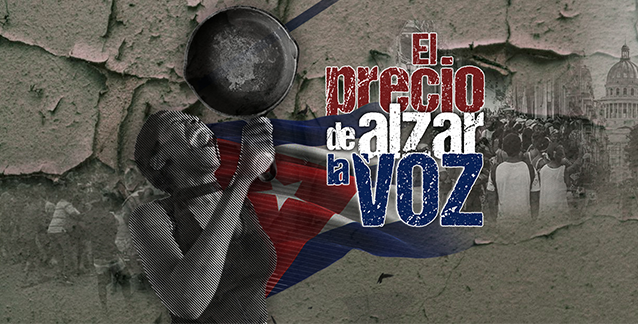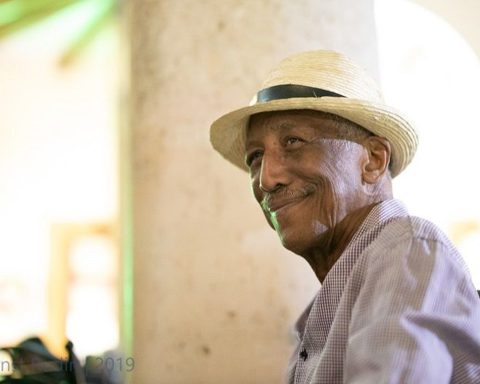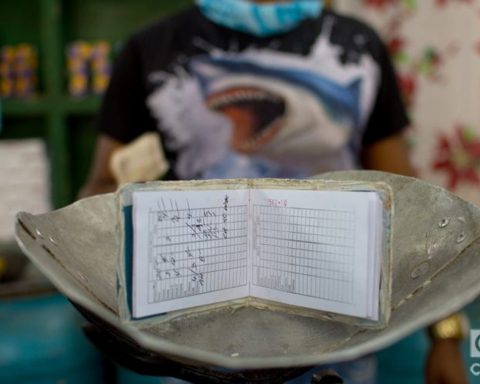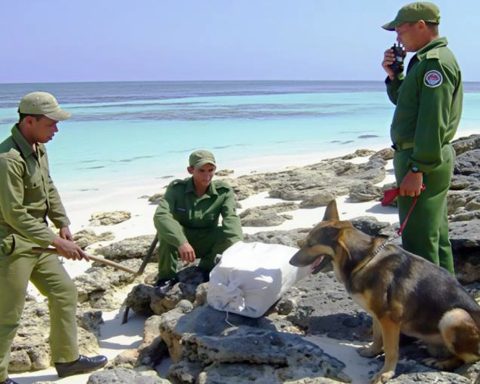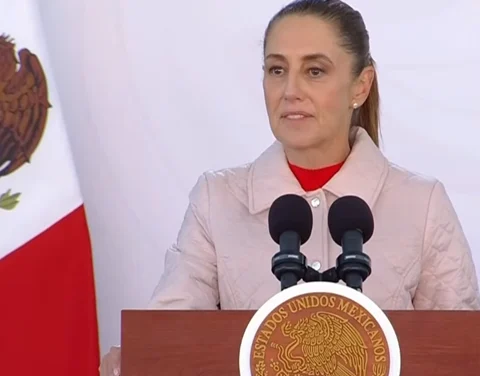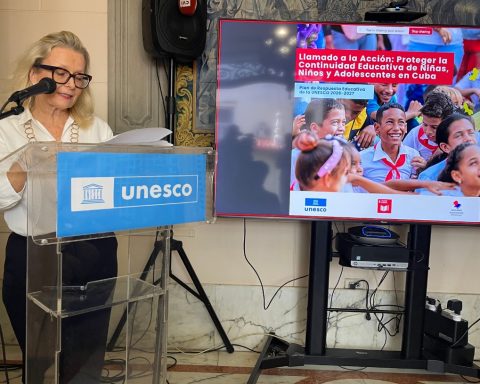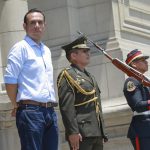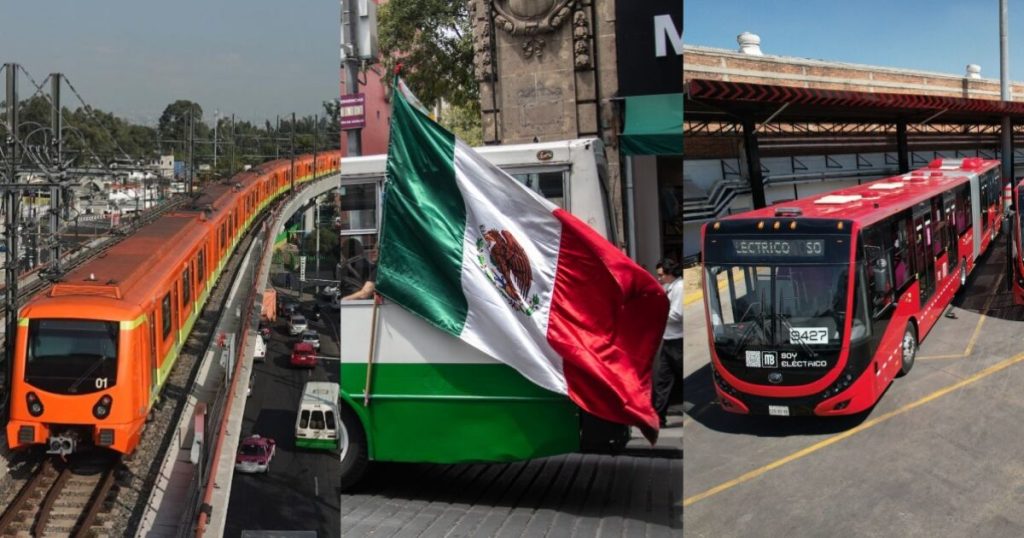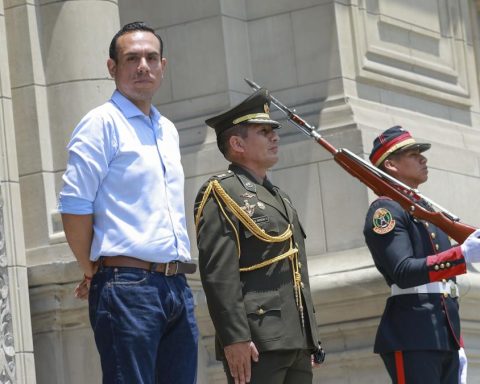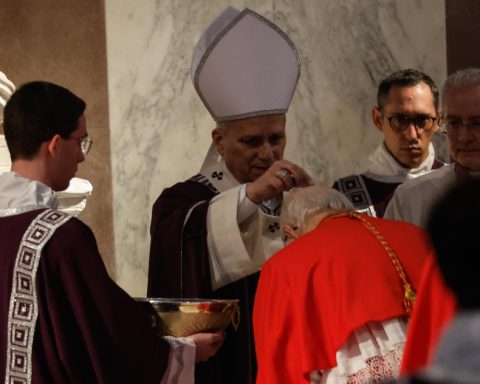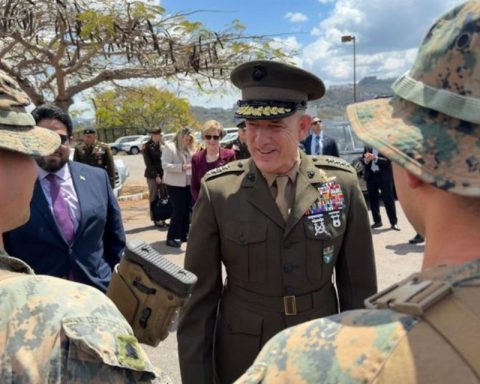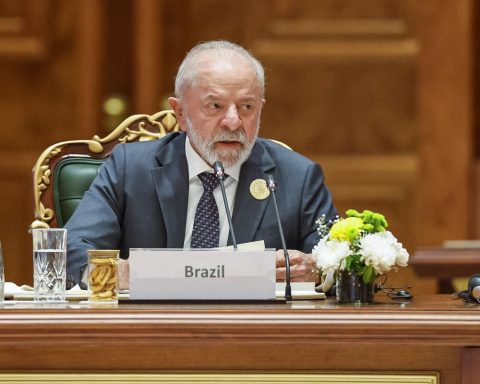MADRID, Spain.- At least 22 murders occurred in Cuba during the month of August, distributed across 11 provinces, including a multiple crime in Ciego de Ávila and three femicides. This data, provided by the organization Cubalexhighlight a worrying increase in homicides, robberies, assaults, knife attacks, score-settling, collective fights and drug use. Despite this escalation of violence, the State Security forces continue to allocate resources to the control and repression of civil and political rights, as evidenced by the 208 repressive incidents documented by Cubalex in the same period.
Cubalex monitored a total of 208 repressive acts in 46 municipalities in all provinces, including the Isle of Youth. The provinces most affected by these violations were Havana, with 68 incidents, Villa Clara with 29, and Pinar del Río with 16. As for the municipalities, Santa Clara recorded 25 violations, Guanabacoa 17, and Camagüey 13.
The 208 repressive acts involved 423 incidents of harassment, divided into 46 categories of repression. The most common were violations of persons deprived of liberty (110 cases), denial of medical assistance, especially to prisoners (34), threats or coercion (28), transfers to detention centers or within penitentiary centers (28), police surveillance operations (24), use of violence or harassment (23) and arbitrary detentions (20). “This deterioration of citizen security goes hand in hand with the worsening of the economic crisis“, Cubalex notes in its report.
A total of 177 people (38 women and 139 men) suffered these violations in August. Among the most repressed victims are the opposition members José Elías González Agüero and Omar Suárez Campos, former political prisoners Samuel Pupo Martínez and Carlos Michael Morales Rodriguezand political prisoners Luis Manuel Otero Alcántara, José Antonio Pompa López and Jorge Luis Rodríguez Valdés (Tangallo). The organisations whose members suffered the most repression were the Patriotic Union of Cuba (UNPACU), the Movement of Opponents for a New Republic (MONR) and Cuba Decide, although most of the victims are not affiliated with any civil society organisation.
The report also documents the death of at least three prisoners in August. Two of them died from illnesses contracted in prison or from medical negligence, while the third, the political prisoner of 11J Yosandri Mulet Almaralescommitted suicide during a transfer. Cubalex claims that all this exposes a problem systematically denounced in its reports “about the inhuman treatment of prisoners, the lack of medical care and medication, including those required by psychiatric patients, as well as the constant abuse, threats and degrading treatment that leads prisoners to extreme situations.”
The report alleges that the authorities allocate police and State Security resources to carry out surveillance operations on meetings of organizations, intimidate people who put up posters or try to peacefully protest, and prevent access to political trials for relatives of victims who could testify about the violations committed, while crime is expanding.
Some of these operations ended in arrests to restrict freedom of movement, as happened with the opposition members Eliobel Quevedo Valladares and Irenaldo Sosa Báez and the Lady in White Leticia Ramos Herrería. State Security arbitrarily prohibits these people from leaving their municipalities of residence.
“The impunity with which state agents act has no restrictive framework and can reach extremes,” Cubalex points out. The report points out cases such as that of activist Pedro Quiala Carmenate, who was prevented from using bank cards, or that of Amelia Sosa Puerto, a pregnant young woman who was prohibited from buying food at a state fair because she was the daughter of opposition members. Another case is the arrest of Daniel Boladeres Placencia for listening to protest music in his own home.
Cubalex concludes that these violations are part of a repressive scheme of a totalitarian regime in which there is no rule of law. The organization monitors the human rights situation in Cuba on a daily basis and collects information on events that impact the fundamental rights of citizens, with special attention to human rights violations.
